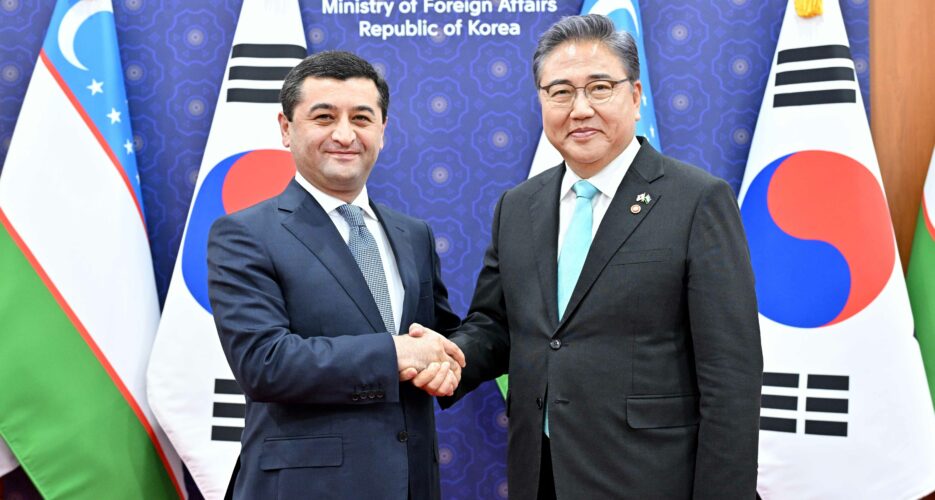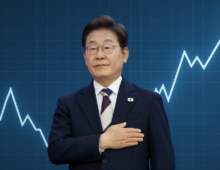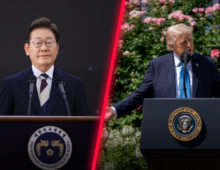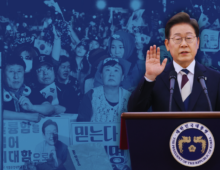Agreement on Tashkent’s outstanding payment of $1B will facilitate greater ROK investment in resource-rich country
South Korea’s finance ministry came to an agreement with Uzbekistan last Friday on settling an outstanding payment of some $1 billion related to a joint gas project.
The announcement came after ROK finance minister Choo Kyung-ho visited the country last week to meet his counterpart, building on a decadeslong relationship between the two countries.
South Korea’s finance ministry came to an agreement with Uzbekistan last Friday on settling an outstanding payment of some $1 billion related to a joint gas project.
The announcement came after ROK finance minister Choo Kyung-ho visited the country last week to meet his counterpart, building on a decadeslong relationship between the two countries.
Get your
KoreaPro
subscription today!
Unlock article access by becoming a KOREA PRO member today!
Unlock your access
to all our features.
Standard Annual plan includes:
-
Receive full archive access, full suite of newsletter products
-
Month in Review via email and the KOREA PRO website
-
Exclusive invites and priority access to member events
-
One year of access to NK News and NK News podcast
There are three plans available:
Lite, Standard and
Premium.
Explore which would be
the best one for you.
Explore membership options
© Korea Risk Group. All rights reserved.
No part of this content may be reproduced, distributed, or used for
commercial purposes without prior written permission from Korea Risk
Group.












